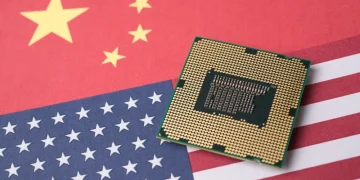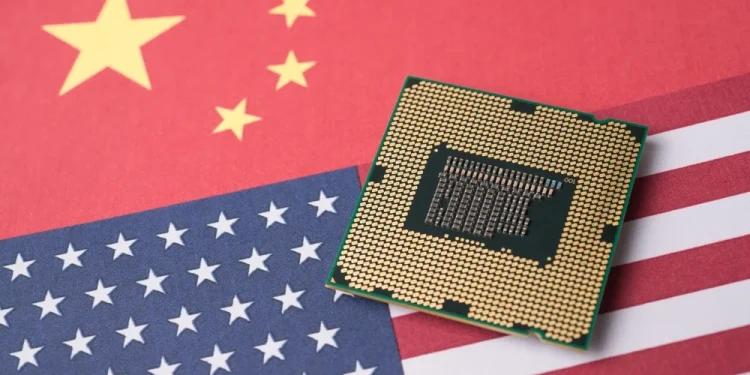By Eva Richardson | The Logistic News
April 16, 2025
As the U.S. continues to wrestle with supply chain fragility in the wake of the COVID-19 pandemic and rising global tensions, former President Donald Trump’s renewed tariff strategy is once again at the center of debate—this time targeting two of the most vital and vulnerable sectors: pharmaceuticals and semiconductors.
In a series of policy remarks made this week, Trump emphasized that the U.S. must re-examine its dependency on foreign suppliers for essential medical and electronic components, citing national security concerns. The remarks come amid rumors of proposed tariffs or restrictions on imports from Asia, particularly China, South Korea, and India.
“The pandemic showed us how dangerous global dependence can be. We need our medicine and microchips made in America,” Trump stated during a press appearance in Ohio.
Protection or Precarity?
While the initiative may resonate politically, industry leaders and supply chain analysts are raising red flags. Both the pharmaceutical and semiconductor industries rely on highly globalized networks with intricate sourcing webs, and analysts warn that rapid protectionist policies could severely disrupt availability, pricing, and innovation.
Pharma companies depend on active pharmaceutical ingredients (APIs) sourced from India and China, while chipmakers rely on fabrication plants in Taiwan and South Korea—regions where the U.S. has neither the scale nor infrastructure to substitute production in the short term.
“This isn’t just about reshoring. If executed hastily, these tariffs could result in real-time shortages of critical medicines and components,” said Janet Ko, senior fellow at the Center for Global Trade Resilience.
A Supply Chain Already Under Stress
Both industries have already been under enormous pressure. Since 2020, the global semiconductor shortage has halted auto production and consumer electronics releases, while the pharmaceutical sector has faced backlogs, regulatory delays, and transportation bottlenecks. Additional tariffs could compound these challenges by increasing costs, limiting sourcing options, and forcing a rushed transition to unproven domestic alternatives.
Several pharma associations have urged the White House to pursue incentive-based domestic production programs instead of import restrictions, suggesting public-private partnerships, tax breaks, and funding for FDA-compliant U.S. manufacturing.
Echoes in the Logistics Sector
For logistics providers, the potential policy shift raises logistical and ethical concerns. Air and ocean freight routes may need to be rerouted to avoid tariff-heavy trade lanes. More importantly, traceability and compliance frameworks would need to adapt rapidly, especially as customers seek verified “Made in USA” sourcing documentation.
Some U.S. 3PLs have already begun advising clients to segment inventory strategies, create multi-region sourcing redundancies, and review digital infrastructure for real-time compliance tracking.
“Supply chains have moved beyond just-in-time to just-in-case. Now we may be moving into a new phase: just-in-country,” said Daniel Firth, Director of Risk and Trade at AllBridge Logistics.
Conclusion
Trump’s call for reshoring pharmaceuticals and semiconductors strikes a populist chord—but could backfire if implemented without pragmatic support systems. While the aim is to build resilience, the unintended consequence may be scarcity and volatility in sectors that can least afford them. As debate unfolds, supply chain transparency and traceability will become more critical than ever.
Eva Richardson is a senior correspondent at The Logistic News, reporting on supply chain security, trade policy, and the future of resilient sourcing in the EchoChain series.





















